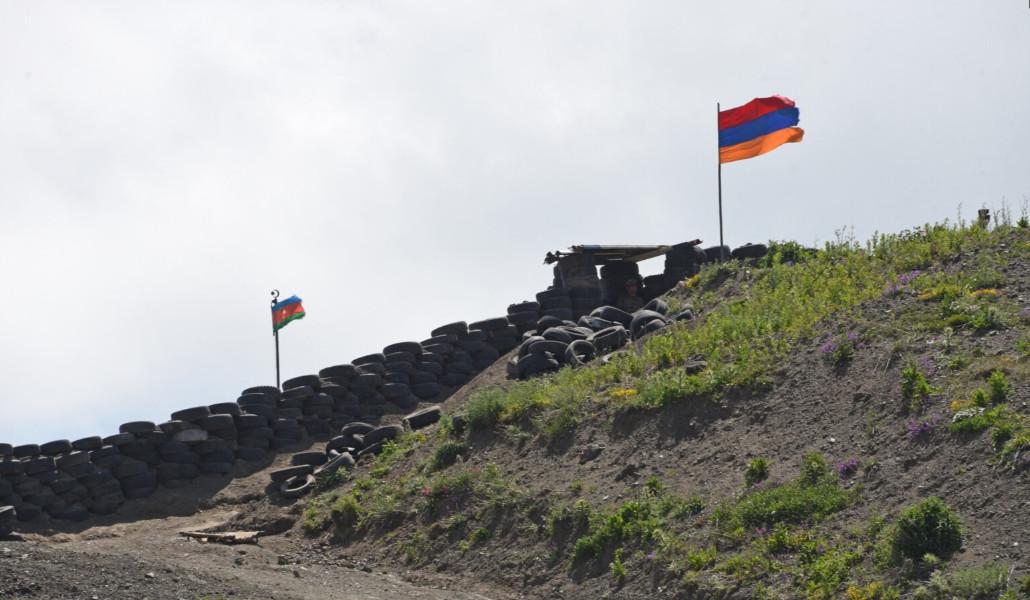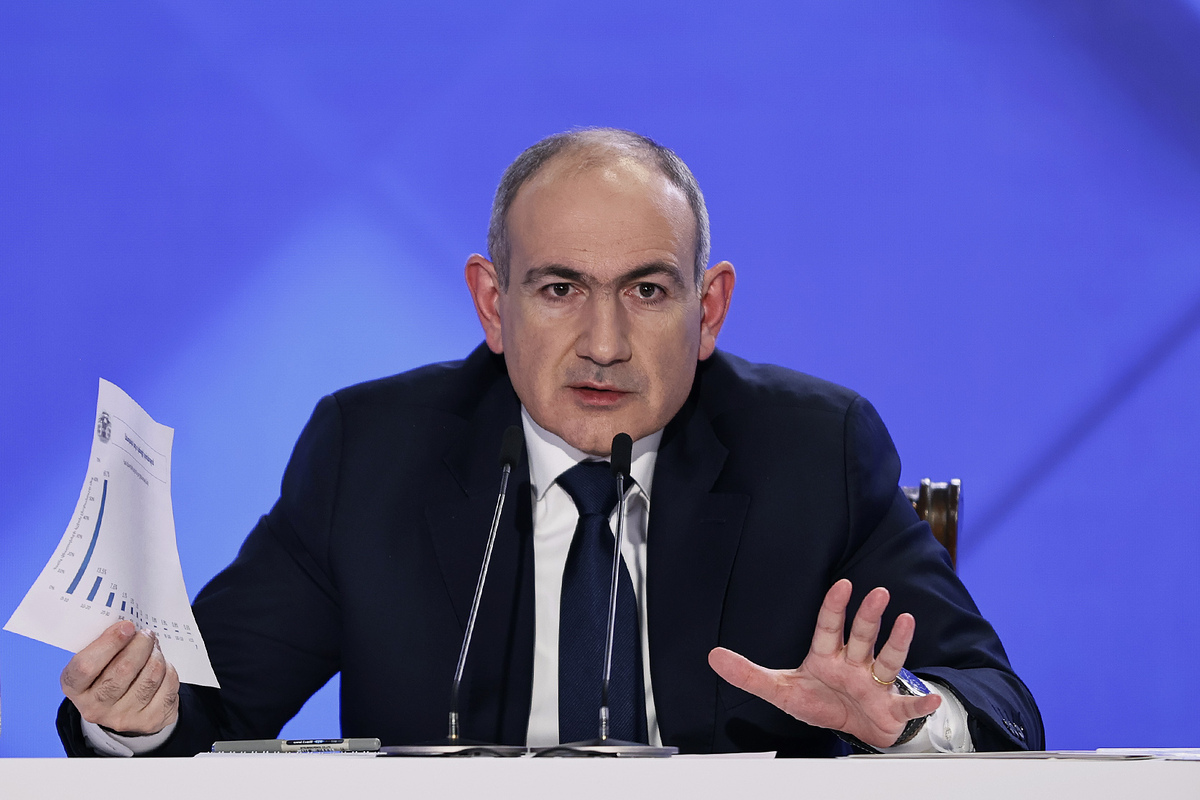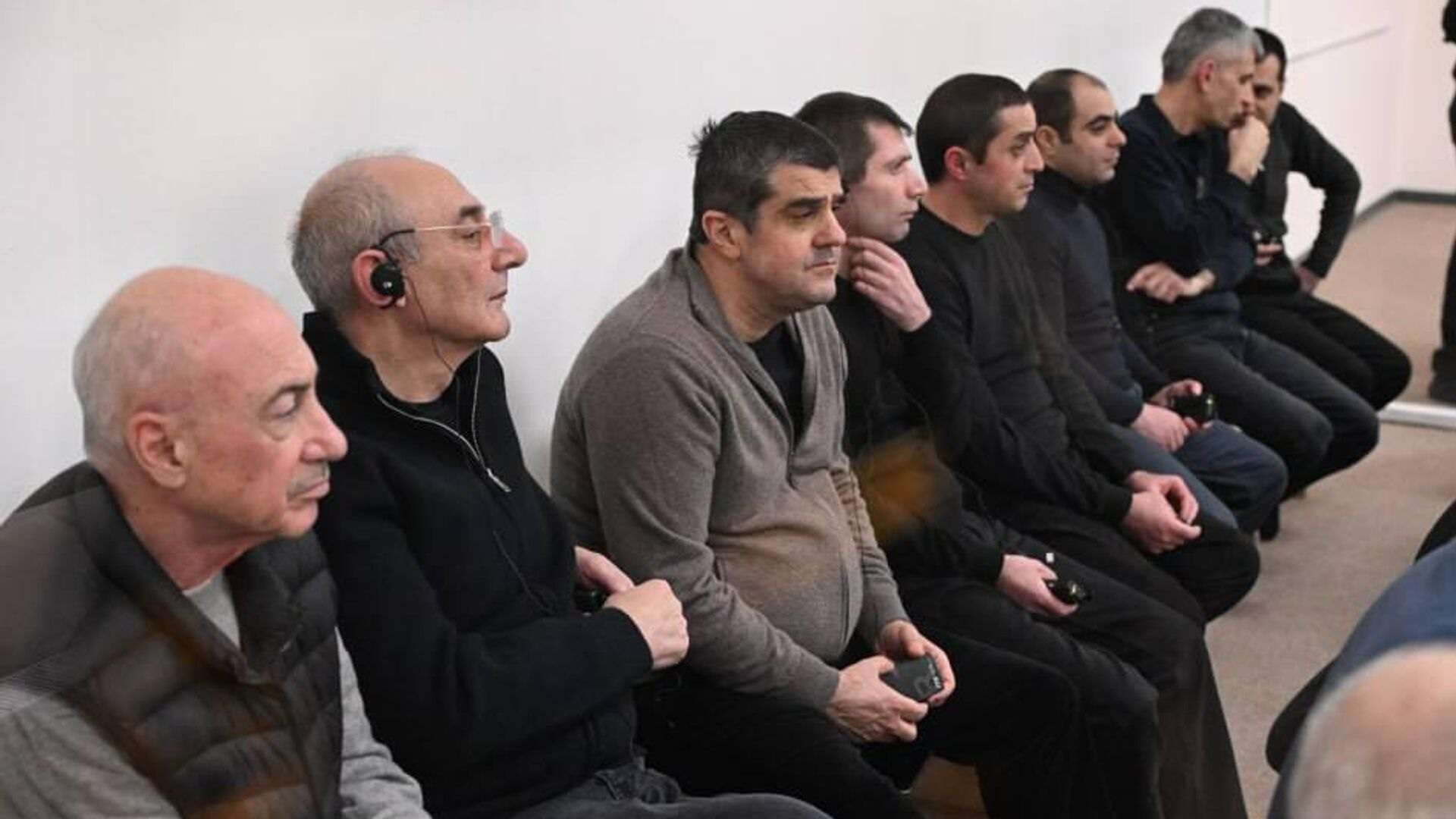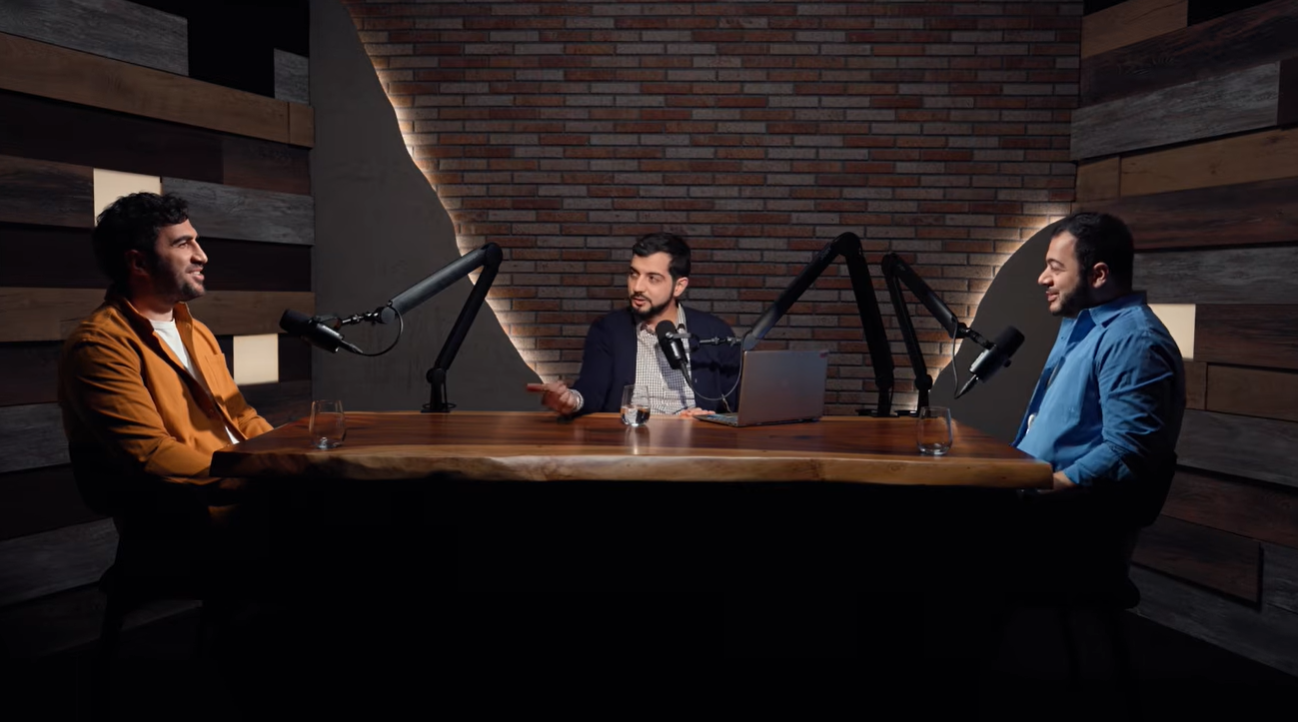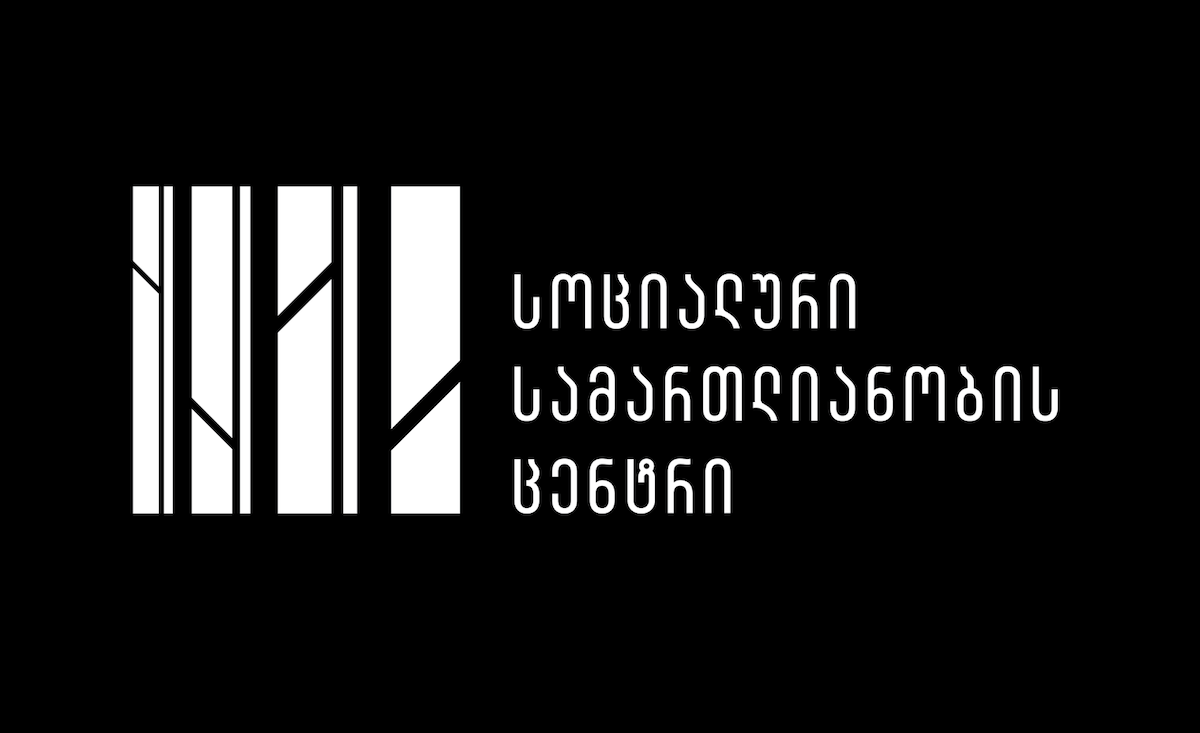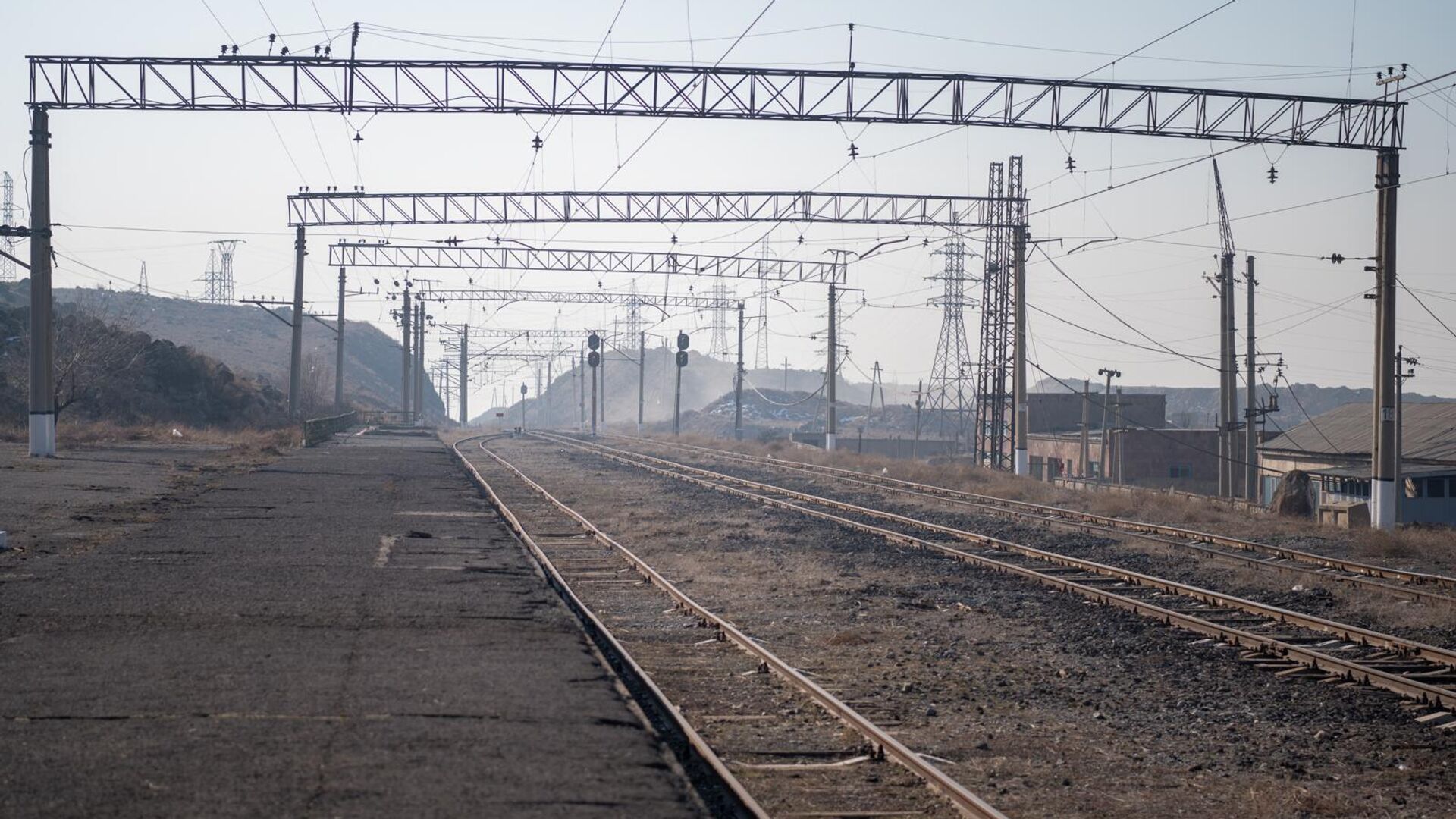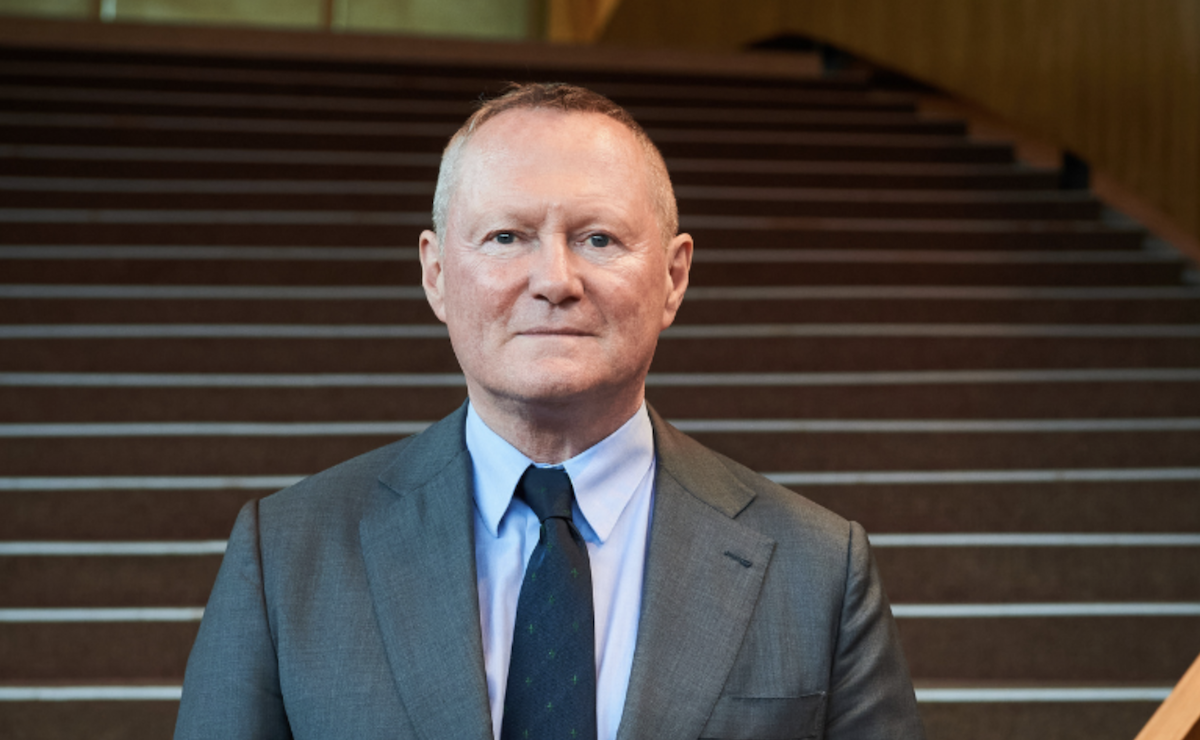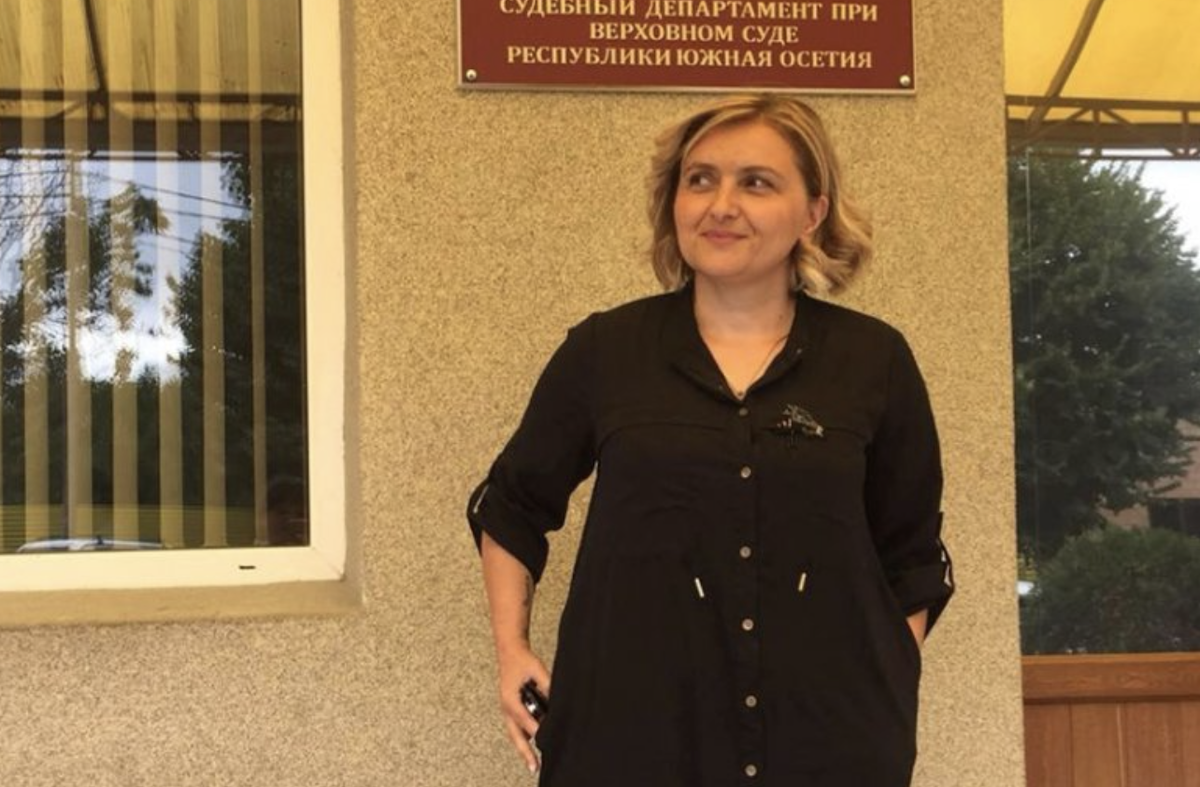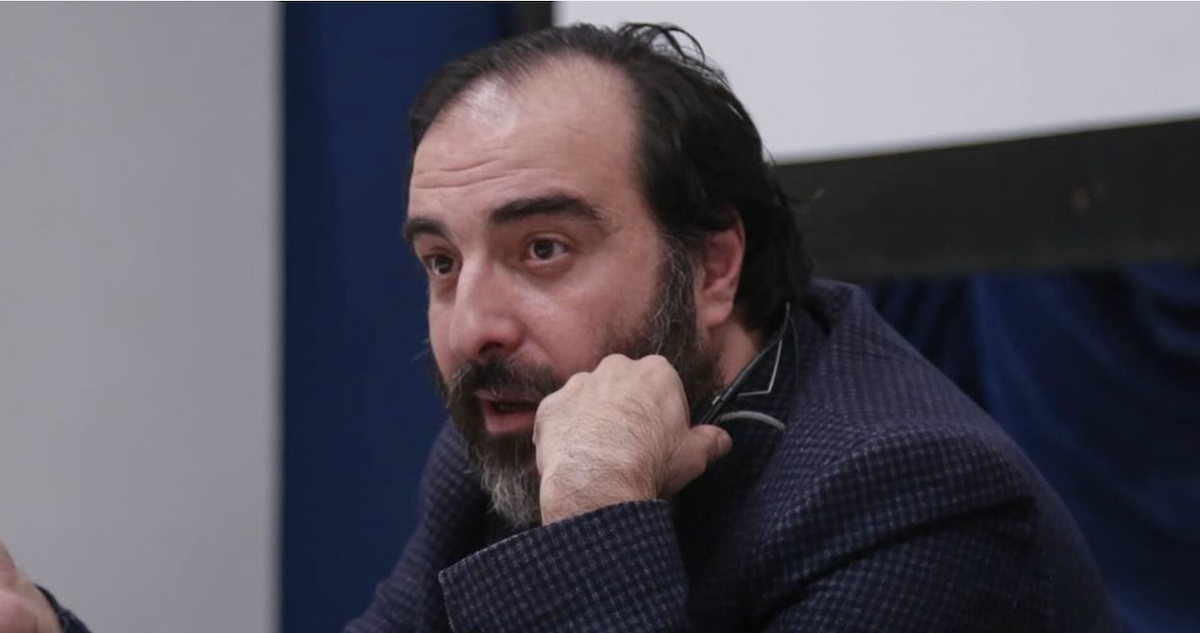Baku purchased over $2 billion worth of weapons in 2024: Armenian expert explains why
Baku purchased $2 billion worth of weapons
In 2024, Azerbaijan acquired various types of weaponry worth $2.22 billion. Based on the amount spent, Azerbaijan ranked 16th on the list published by the Centre for Analysis of World Arms Trade. The data was commented on by military expert David Arutyunov.
He noted that Baku regularly issues false accusations against Armenia, claiming that it is arming itself with the aim of attacking Azerbaijan.
“Meanwhile, Azerbaijan is itself increasing its volume of arms purchases and expanding its arsenal. It cannot be ruled out that one of its objectives is to prepare for new aggression and another military conflict,” Arutyunov emphasised.
- ‘There will be no war, there will be peace’ and other statements by Pashinyan in Armenia’s parliament
- ‘Political message to Baku — and beyond’: on Armenian-Iranian military drills
- ‘Azerbaijan wants to derail peace process’: minefield maps become latest flashpoint
- ‘Price’ of peace: why Baku is delaying peace deal – view from Yerevan
Three objectives Azerbaijan may be pursuing
According to the analyst, information about Azerbaijan’s active arms purchases is available from open sources — and in some cases, Baku itself publicly announces what it has acquired and what it plans to buy next.
Arutyunov believes Azerbaijan is expanding its military purchases with several goals in mind:
“Azerbaijan views the acquisition of weapons primarily as a significant resource for achieving political aims in the current context.”
Another objective is to prevent Armenia from restoring the balance of power:
“Baku is seeking to further deepen the favourable power disparity with Armenia that emerged after the 44-day war in 2020.”
The military expert also does not rule out that a third goal for Baku is “preparation for new aggression.”
International arms control mechanisms are not functioning
“In our region, we’re talking about the Treaty on Conventional Armed Forces,” said David Arutyunov, referring to international arms control mechanisms. “It includes clear limits on seven categories of heavy weaponry that carry particular significance.”
According to him, Azerbaijan has repeatedly violated the provisions and conditions of this treaty.
Now, international arms control mechanisms have effectively ceased to function. In 2023, Russia withdrew from the treaty, and in 2024, Poland suspended its participation. The expert also noted that even previously, the mechanisms were not sufficiently effective — they lacked clear verification and inspection functions and, crucially, did not establish accountability for violations.
In light of all this, Yerevan proposed to Baku the creation of a joint bilateral arms control mechanism. No official response has yet been received from Azerbaijan.
“Situation in Caucasus is alarming”
The analyst notes that, in terms of the volume of weapons, there are more heavily militarised regions — such as the Middle East and Southeast Asia — where “the scale of potential conflicts is greater than in the South Caucasus.” Nevertheless, he emphasises that the situation in the Caucasus is also a cause for concern:
“The factor of excessive militarisation in our region is explained by the ratio of population size to the volume of armaments. The states of the South Caucasus, unlike other countries, do not have large populations,” he said.
“It is unlikely that Azerbaijan will pursue large-scale arms purchases from US”
At the end of April, the US will once again discuss Section 907 of the Freedom Support Act, which regulates aid to former Soviet republics. In 1992, Washington banned military assistance to Azerbaijan under this resolution due to its blockade of Armenia.
However, as Arutyunov recalls, changes were made to the resolution after the 9/11 terrorist attacks, allowing the US president to temporarily waive Section 907 in the interest of counterterrorism operations.
According to the expert, even if Washington lifts arms restrictions, Azerbaijan is unlikely to make large-scale purchases of US weapons.:
“American arms are quite expensive. Azerbaijan mainly relies on heavy Russian-made weaponry — armoured vehicles and artillery — and integrates newer technology such as rocket systems and drones acquired from Israel and Turkey.”
Arutyunov believes Baku will stick to this strategy but doesn’t rule out buying certain types of US-made weapons. He notes that the Trump administration is keen to boost American arms exports. “If new opportunities arise, they may disregard the Section 907 restriction,” he adds.










